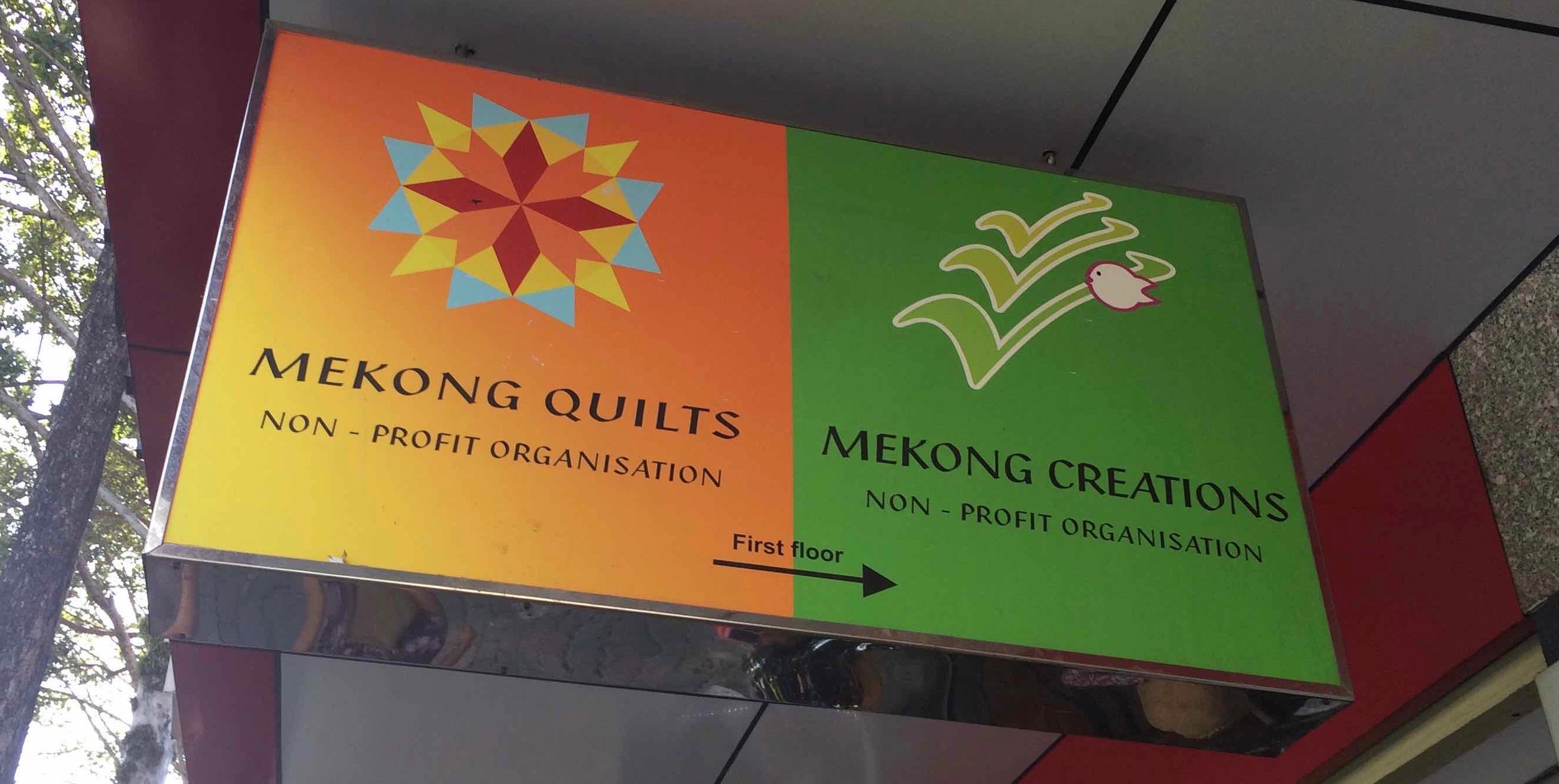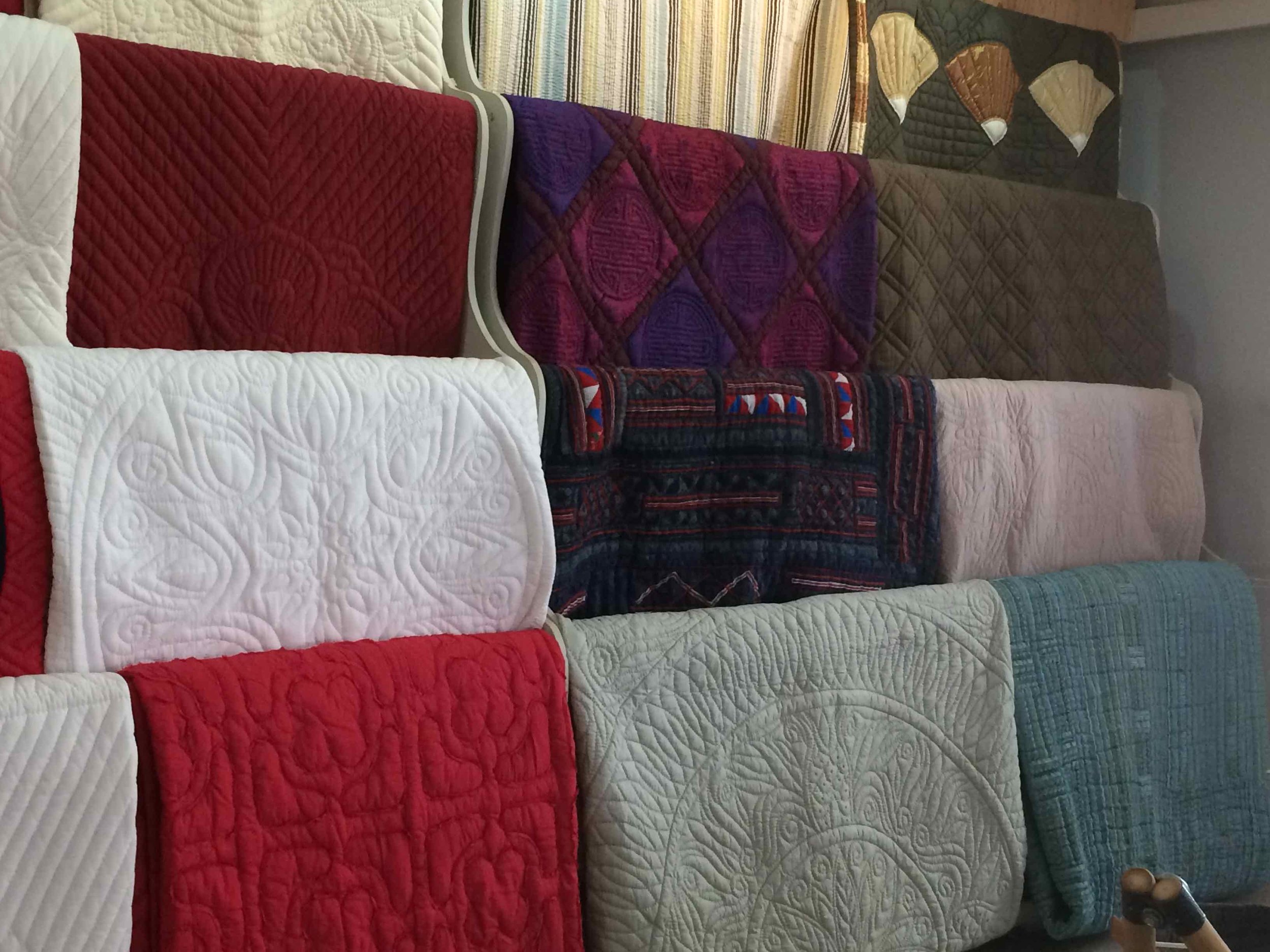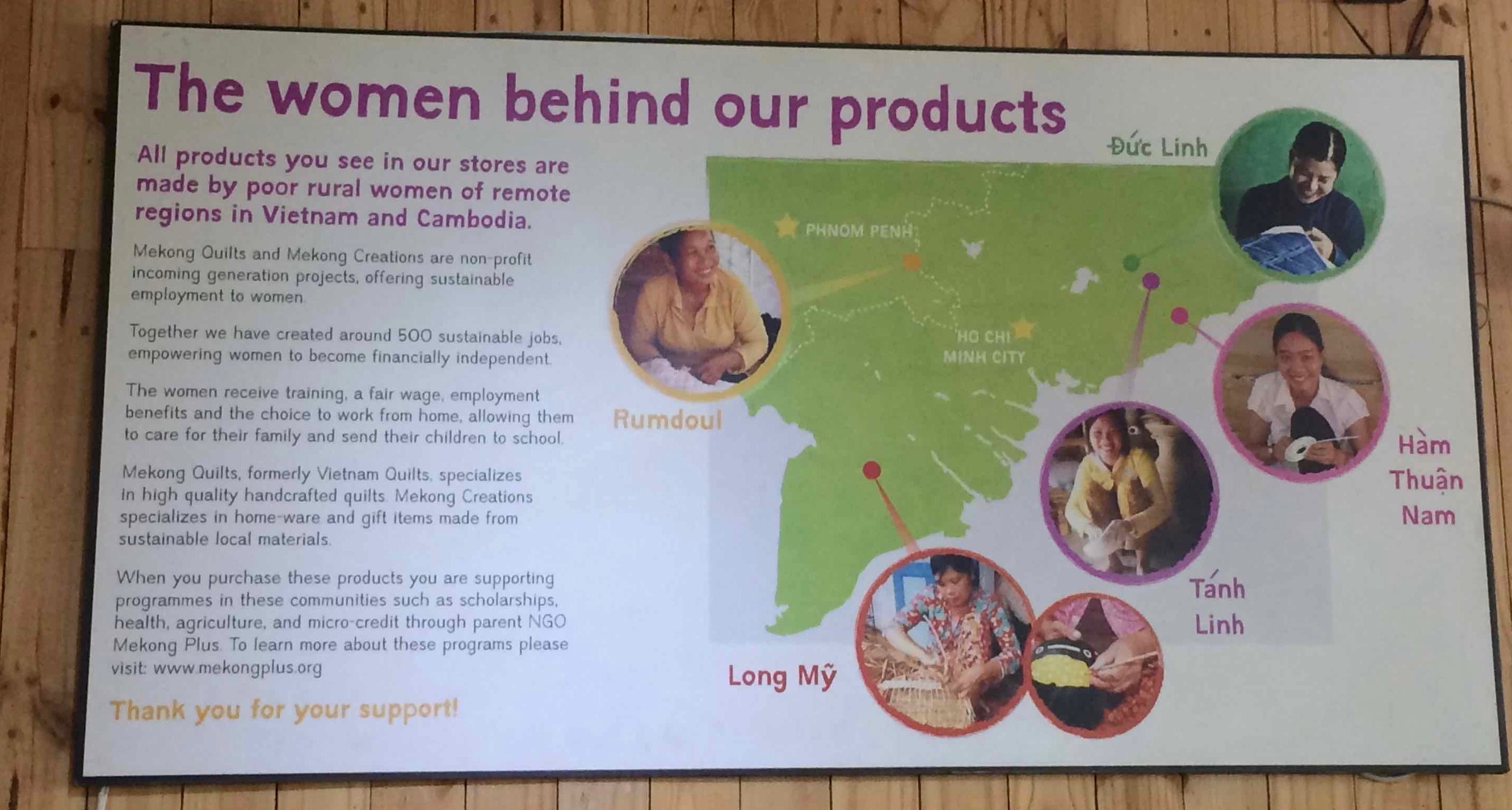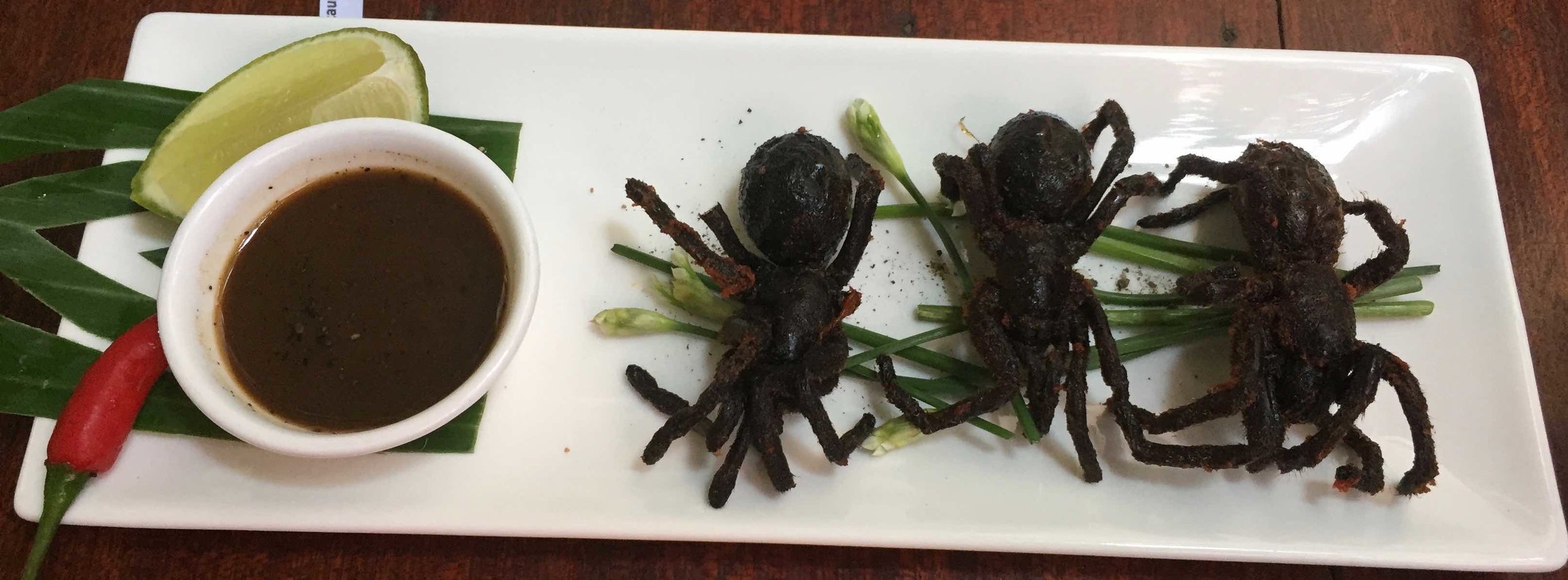By Jenny Ascher, Semester at Sea, Spring 2017
When travelling to Vietnam, I visited one of the fish markets on the water in the Mekong Delta. The Mekong Delta is a village in Vietnam that is considered a floating village as all the markets are on boats and the Vietnamese people work and spend their days on the boats to sell their vegetables, fish, or other products to customers.
When visiting this area, I was told that the children who live in these floating villages do not have access to education and, in most cases, nor did their parents. Because of this ongoinglack of access to education, these Vietnamese have little hope of breaking out of the cycle of poverty
I was startled by this as I thought there would be schools close by for children to go to and that got me thinking. I believe there should be a “floating school” started in order for students to receive the education they deserve but also help their parents and their business if need be. This floating school would be on the waters in the same areas as the market so that it would be close to their homes and not out of the way. The floating schools would hopefully help the students with education opportunities and provide a foundation for their future to either continue their parents business or have the opportunity to start something new. Every child deserves the ability to receive a proper education.
The first picture shows some of the boats that are considered the floating markets where the Vietnamese people sell their fruits, vegetables, fish, etc.
The second picture shows the dock down to the boats and the transportation around it.
